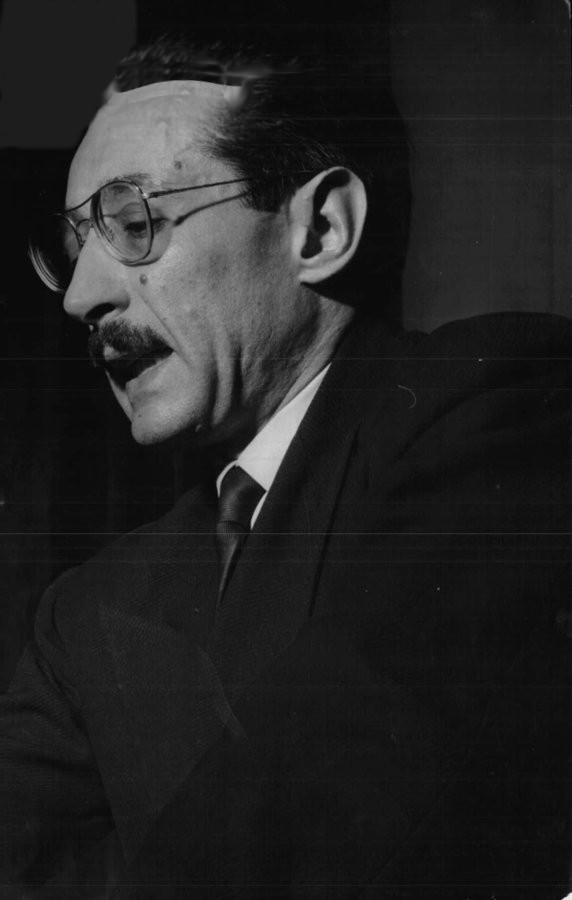Edgardo Sogno was born in 1915 in Turin to a noble family. He joined the army in 1933 and participated as a volunteer in the Ethiopian and Spanish Wars. He then won a diplomatic competition, becoming an official at the Foreign Ministry. In November 1942, he was called to arms and sent to France, where he held some non-conformist attitudes that led to his early discharge.
After 8 September, he followed Badoglio to the South and enlisted in the SOE (Special Operations Executive). After a brief training, he was parachuted into the Biella area and joined the Piedmontese Resistance.
Sogno was part of the Otto organisation, and when this organisation was broken up in March 1944, he managed to escape arrest and take refuge in Milan, where he started a new organisation, the Franchi.
He was a delegate of the Liberals in the CLNAI (Committee of National Liberation for Northern Italy) and accompanied Parri on his mission to the south in the winter of 1944. When Parri was arrested, he attempted to free him in a daring personal initiative, but was in turn arrested and imprisoned in San Vittore. On 25 April 1945, he was at the Bolzano-Gries transit camp.
A national councillor, Sogno sided with the king in the 1946 election campaign and then contested the results. In 1953, he conceived and directed the Peace and Freedom Association, financed by the CIA in an anti-communist capacity. He was then employed for many years in NATO diplomacy.
Back in Italy, in 1970 he founded the Comitati di Resistenza Democratica (Democratic Resistance Committees), members of the FIVL.
Returning to politics, he took up extreme right-wing positions, to the extent that he was investigated for the 1974 Borghese coup. He was acquitted in 1978; but in 2000, shortly before his death, he revealed in a book-interview the reasons for his underground anti-communist actions.
